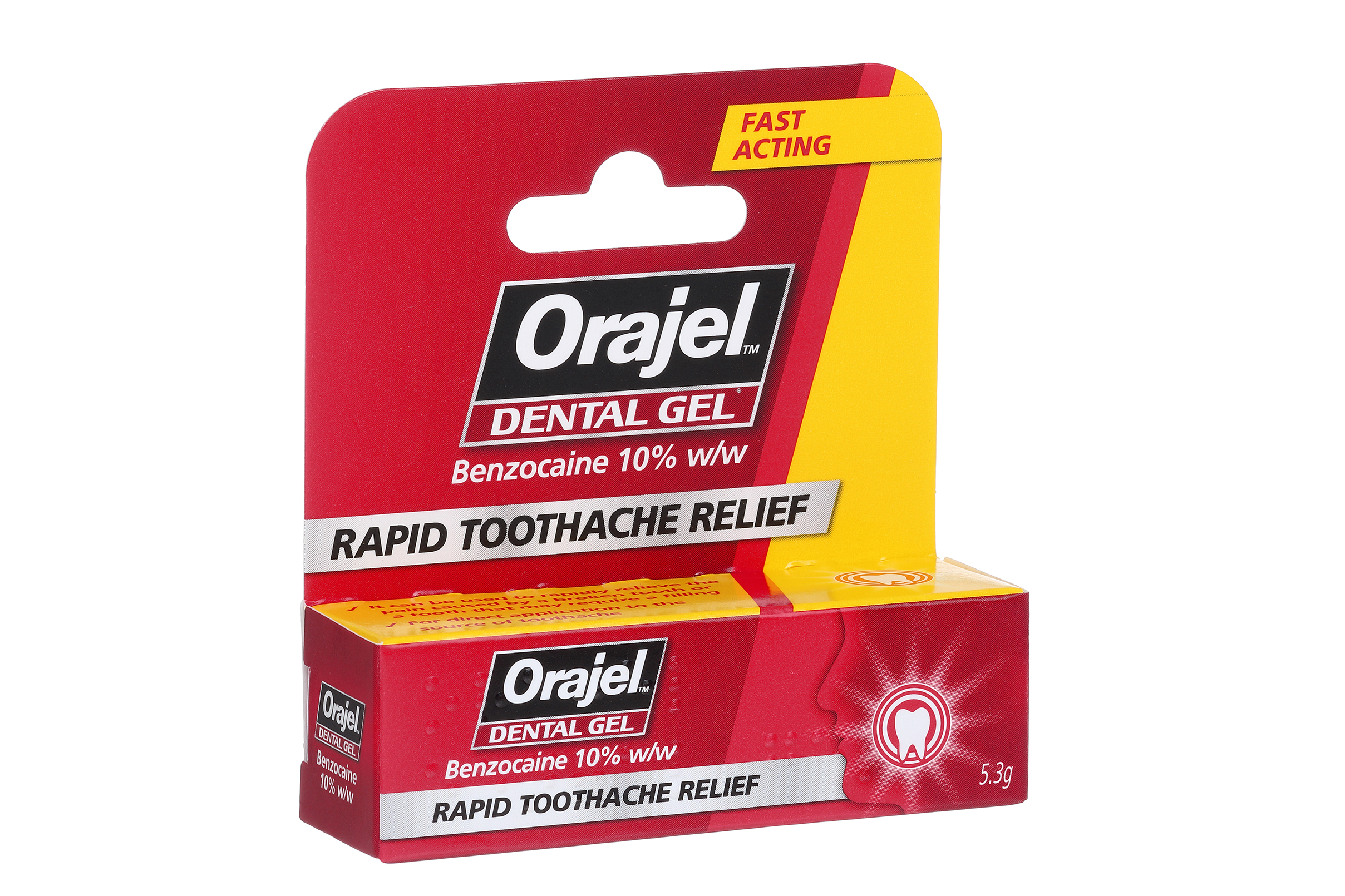
Generally speaking, pain is a universally negative experience causing differing levels of discomfort depending on its severity. However, its impact doesn’t end there, having the potential to affect many other aspects of life including a person’s mood and their ability to function in their day-to-day tasks. A study by the World Health Organization found that those living with persistent pain are four times more likely than others to experience depression or anxiety, and twice as likely to have difficulty working.[i]
Considering the impact it can have on an individual’s wellbeing, pain is considered to be one of the key determinants of quality of life. This takes into account the impact that it might have on a person’s ability to take part in a range of roles in society and be satisfied with their performance.
As such, any therapy or treatment provided should take into account the potential effects it could have on quality of life. It is a more subtle indicator than other variables, but it is a helpful determinant of treatment value and is often a more relevant indicator of patient satisfaction as well as their willingness to accept treatment and follow post operative advice.[ii]
How toothache affects quality of life
Dental pain is very common, with 24% of adults affected in the UK.[iii] However, its prevalence does not reduce the impact it can have on individuals. Not only is toothache uncomfortable, no matter how long it lasts or severe it is, but it also results in reduced sleep, impacts the ability to socialise and concentrate, has a psychological impact, reduces nutrition, and reduces productivity at work.
Each of these can have a significant impact on people’s daily lives, with eating, speaking, and sleeping all potentially impacted by dental pain. As such, it is important that this is taken into account when examining patients and recommending treatment, with the understanding that pain relief in the short term will be a preference for many patients, particularly if they cannot receive treatment immediately.

What influences the impact of toothache
In addition to its general impact on daily life, it’s important to consider the effects that different types of dental pain can have. Toothache can present as a dull ache that doesn’t go away, a sharp pain, throbbing pain, sensitivity, or swollen and painful gums,[iv] and can have a range of causes including cavities, abscesses, cracked teeth, or gum disease. Depending on the length of time it takes for a patient to seek out and receive treatment, dental pain could last for a while, leading to impacts on physical and mental health in some cases.
Different people will have different pain tolerances, and varying coping mechanisms. However, severe and long-lasting pain is bound to have an impact on anyone. As such, clinicians must arrange treatment as soon as possible, and offer patients advice regarding pain management in the interim.
Advice for patients
As soon as you become aware of a patient in pain, it’s important to get their dental appointment booked in as soon as possible (an emergency appointment may be necessary) and offer them advice about how to manage their pain immediately. Depending on the suspected cause, some helpful recommendations may include taking over the counter pain killers such as paracetamol or ibuprofen, or rinsing with saltwater (in cases of inflammation). However, these options take time to provide relief, and do not provide targeted numbing. A fantastic alternative is pain-relieving gel such as the Orajel Dental Gel.[v] It contains 10% benzocaine allowing patients to directly apply local anaesthetic to the painful area for relief in less than two minutes.[vi]

The ability to offer your patients the advice they need to relieve pain that impedes their everyday tasks is invaluable. Enabling them to minimise their pain whilst they wait for the treatment they need will mean they can eat, sleep, and socialise more normally and reduce the impact of dental pain on their relationships, mood, and performance at work. Of course, treating the cause of the pain is essential, and it should be made clear that this is the only way to cure their pain for good, but providing short term solutions that enable patients to complete their daily tasks is important.
For essential information, and to see the full range of Orajel products, please visit https://www.orajelhcp.co.uk/
[i] Katz, Nathaniel. “The impact of pain management on quality of life.” Journal of pain and symptom management 24.1 (2002): S38-S47.
[ii] Katz, Nathaniel. “The impact of pain management on quality of life.” Journal of pain and symptom management 24.1 (2002): S38-S47.
[iii] Oral Health Foundation. New research uncovers UK’s most common dental issues. Accessed March 25. https://www.dentalhealth.org/news/new-research-uncovers-uks-most-common-dental-issues
[iv] Cleveland Clinic. Toothache. Accessed March 25. https://my.clevelandclinic.org/health/diseases/10957-toothache
[v] Orajel Dental Gel. Summary of Product Characteristics. Available at: https://www.medicines.org.uk/emc/product/1230/smpc Accessed: March 25
[vi] Hersh, EV, et al. An evaluation of 10 percent and 20 percent benzocaine gels in patients with acute toothache. J Am Dent Assoc. 2013;144(5):517–526.
















